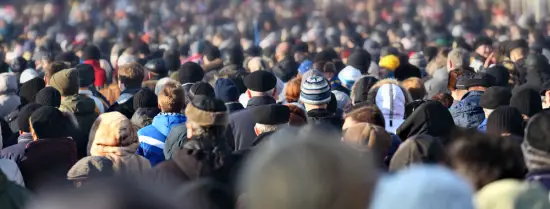What role does class, gender, age, sexual orientation, race or ethnicity play when it comes to feeling connected to a city? Why are some forms of inequality linked to specific urban environments? Furthermore, what similarities and differences do we see regarding this issue both nationally and internationally?
What does this research involve?
We investigate the role of residents, policy makers, activists, businesses and media in how diverse and inclusive a city is. Researchers from various disciplines, together with city planners, are looking for answers to questions related to this theme.
Theme Leads
Collaboration between actors is key for governing diversity in cities. Inclusion is a process shaped by humans in interaction.
Struggles for social justice are always also struggles for communicative justice, for having a (fair) say, for being recognized, for shaping one’s own representation.
Interview Maria - A homogenous city does not exist
Interview Isabel - Pursuing social justice
Learning for Equality - On (Re)mapping Rotterdam

Learning For Equality
How do university students in Rotterdam engage with social inequalities in the city?


